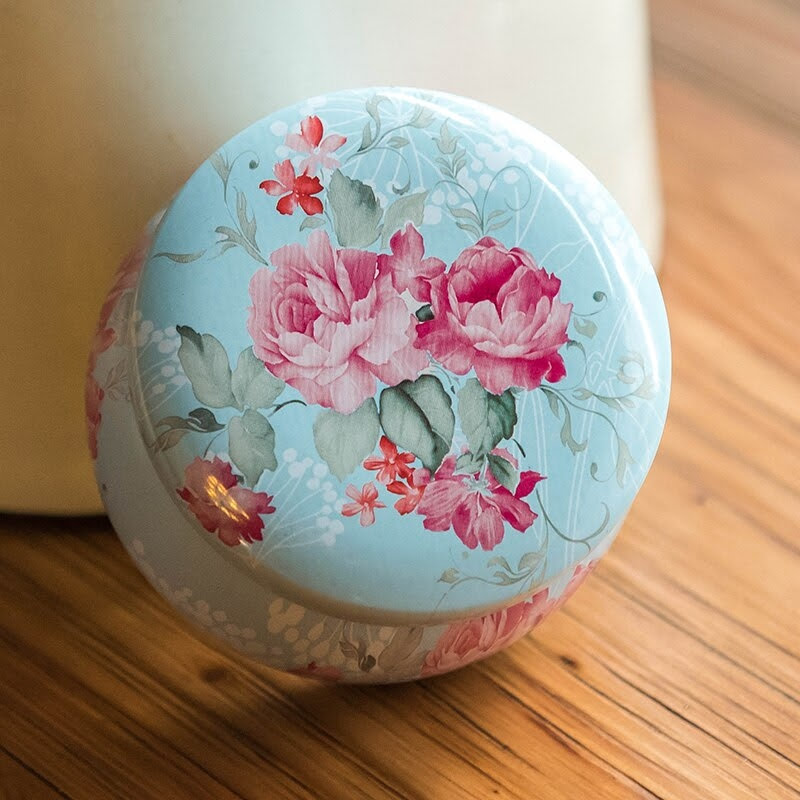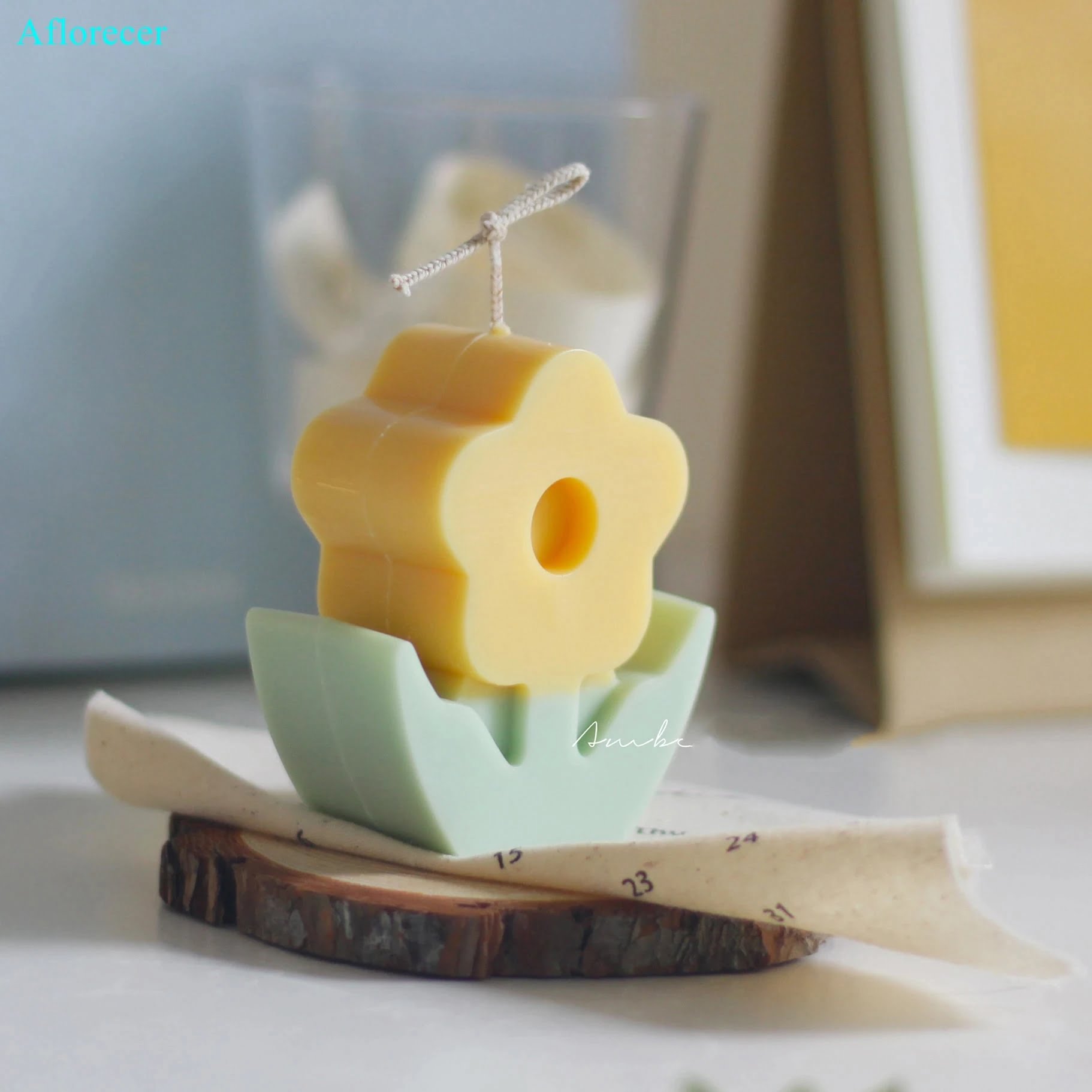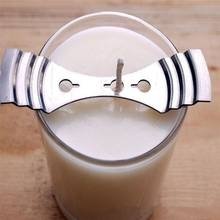Are you interested in learning how to make candles without using a double boiler? Well, you’re in the right place. Candle making without a double boiler can be just as effective and is perfect for those who may not have the necessary equipment.
In this article, we’ll discuss the benefits of making candles without a double boiler, the essential materials and tools needed, step-by-step guides, tips and tricks for successful candle making, alternative methods for melting wax, common mistakes to avoid, and creative ideas for adding fragrance, color, and decorative elements. Let’s dive in.
Making candles without a double boiler offers numerous benefits. Not only does it allow for greater creativity and freedom in the candle-making process, but it also eliminates the need for specialized equipment. Whether you’re a beginner or seasoned candle maker, learning how to create beautiful candles without a double boiler will open up new possibilities and expand your abilities.
To get started with candle making without a double boiler, you’ll need some essential materials and tools. These include wax (such as soy wax or beeswax), wicks, fragrance oils or essential oils (if desired), colorants (if desired), a thermometer, a heat-resistant container for melting wax, a stirring utensil, and containers for your finished candles.
With these basic supplies in hand, you’ll be well-equipped to start creating your own unique candles without the need for a double boiler.
The Benefits of Making Candles Without a Double Boiler
Cost-Effective
Another benefit of making candles without a double boiler is that it can be more cost-effective. As mentioned before, not needing to purchase a double boiler can save money, but there is also the added benefit of using everyday items like mason jars or tin cans as makeshift containers for melting wax. This allows for more flexibility and creativity in the types of candles one can create without the constraint of having specific candle-making equipment.
Time-Saving
Additionally, making candles without a double boiler can also be time-saving. With the traditional method of using a double boiler, the process can take longer due to the slow melting of wax. Using alternative methods such as a microwave or oven allows for quicker heating and melting of wax, reducing overall production time. This can be especially advantageous for those looking to make candles in larger quantities or on a tighter schedule.
Overall, choosing to make candles without a double boiler provides more freedom and flexibility for candle makers, allowing them to experiment with different techniques and materials while still achieving professional-quality results. Whether it’s for personal use or business purposes, these benefits make this method an appealing option for both novice and experienced candle makers alike.
Essential Materials and Tools Needed for Candle Making Without a Double Boiler
When it comes to making candles without a double boiler, there are a few essential materials and tools that you will need to ensure a successful and safe process. While the traditional method of using a double boiler may not be utilized, there are alternative tools and materials that can help achieve the same result.
Materials
The basic materials needed for candle making without a double boiler include wax, wicks, containers, fragrance oils or essential oils (optional), and color dyes (optional). It’s important to use wax specifically designed for candle making, such as soy wax, beeswax, paraffin wax, or coconut wax. Each type of wax has its own unique melting point and properties that affect the quality of the finished candle.
Tools
In addition to the necessary materials, you will also need certain tools for the candle-making process. These include a heat-resistant glass measuring cup or metal pouring pitcher for melting the wax, a thermometer to monitor the temperature of the melted wax, a stirring utensil such as a wooden spoon or heat-resistant spatula, and a heat source such as a stovetop or microwave for melting the wax.
Additionally, you may want to have molds or containers for shaping your candles, as well as a wicking needle for properly placing the wick in the container.
With these essential materials and tools in hand, you can embark on your candle-making journey without the need for a double boiler. The freedom to create candles without this specific tool allows for more versatility in your candle-making process and opens up opportunities for experimentation with different methods and techniques.
Step-by-Step Guide to Making Candles Without a Double Boiler
Making candles without a double boiler can be a simple and rewarding process. Whether you are a beginner or an experienced candle maker, this method allows for a more flexible and accessible approach to creating beautiful and unique candles. Here is a step-by-step guide to making candles without a double boiler:
1. Prepare your work area: Before you begin, make sure to set up a clean and organized workspace. Lay down newspaper or wax paper to protect your surfaces from any spills or drips.
2. Gather your materials: You will need the following essential items for candle making without a double boiler:
– Wax: Choose the type of wax you want to use for your candles, such as soy wax, beeswax, or paraffin wax.
– Fragrance oils or essential oils: If you want scented candles, select your preferred fragrance oils or essential oils.
– Candle wicks: Select the appropriate size and type of wick for the size and type of candle you are making.
– Containers: Decide on the containers for your candles, whether it’s jars, tins, or any other heat-resistant vessel.
Tips and Tricks for Successful Candle Making Without a Double Boiler
Candle making without a double boiler might seem intimidating at first, but with the right tips and tricks, it can be a successful and enjoyable experience. Whether you’re a beginner or an experienced candle maker, there are several techniques that can help ensure that your candles turn out beautifully. Here are some tips and tricks to keep in mind for successful candle making without a double boiler:
- Use a microwave: One of the easiest ways to melt wax without a double boiler is by using a microwave. Simply place the wax in a microwave-safe container and heat it in short intervals, stirring frequently until it’s completely melted. Be sure to use caution and avoid overheating the wax.
- Double boiler alternative: If you don’t have a double boiler, you can create your own makeshift version by placing a heatproof bowl or container over a pot of simmering water. This will provide indirect heat to melt the wax without the need for a dedicated double boiler.
- Use a melting pitcher: Invest in a wax melting pitcher to make the process easier and more efficient. These pitchers are specially designed for melting wax and often come with convenient features like pour spouts and heat-resistant handles.
By following these tips and tricks, you can overcome the challenges of candle making without a double boiler and achieve excellent results. With practice and patience, you’ll soon feel confident in your ability to create beautiful homemade candles using alternative methods for melting wax.
Alternative Methods for Melting Wax Without a Double Boiler
For those who want to try their hand at candle making without a double boiler, there are several alternative methods for melting wax that can be used. One popular method is using a microwave to melt the wax. Simply place the wax in a microwave-safe container and heat it in short intervals, stirring frequently until it is completely melted.
Another method is using a slow cooker or crockpot to melt the wax. This method allows for gentle and even heating of the wax, reducing the risk of scorching.
In addition to these methods, some crafters use an electric wax melter or warmer to melt their candle wax. These devices are specifically designed for melting and warming wax and can provide a convenient and efficient alternative to using a double boiler. Additionally, if none of these options are available, it is possible to create a makeshift double boiler by placing a heat-resistant container with the wax inside into a pot of simmering water.
Regardless of the method chosen, it is important to always follow safety precautions when melting wax. Never leave melting wax unattended, and always use caution when handling hot containers or liquids. With these alternative methods, candle makers can enjoy the freedom and flexibility of creating beautiful candles without the need for a traditional double boiler setup.
| Method | Description |
|---|---|
| Microwave | Place wax in microwave-safe container and heat in short intervals, stirring frequently. |
| Slow Cooker/Crockpot | Allows for gentle and even heating of wax, reducing risk of scorching. |
| Electric Wax Melter/Warmer | Specifically designed for melting and warming wax; provides convenient alternative to double boiler. |
Common Mistakes to Avoid When Making Candles Without a Double Boiler
When it comes to candle making without a double boiler, there are some common mistakes that beginners often make. Avoiding these mistakes can lead to a more successful and enjoyable candle making experience. One of the most common mistakes is using the wrong type of wax. It’s important to use a wax specifically designed for candle making, as other types of wax may not burn properly or hold fragrance well.
Another mistake to avoid is not using the correct wick size for your candles. Using a wick that is too small can result in tunneling, where the wax burns down the center of the candle and leaves excess wax on the sides.
On the other hand, using a wick that is too large can result in excessive smoking and uneven burning. It’s important to match the size of the wick to the diameter of your candle for an even burn.
Furthermore, not measuring fragrance oils and dyes correctly can also be a common mistake when making candles without a double boiler. Adding too much fragrance oil can prevent the candle from properly solidifying, while adding too little may result in a lack of scent throw when the candle is burned. Similarly, not measuring dyes correctly can result in uneven or unattractive colors in your candles.
| Common Mistakes | Impact |
|---|---|
| Using wrong type of wax | May not burn properly or hold fragrance well |
| Incorrect wick size | Tunneling or excessive smoking and uneven burning |
| Incorrect measurement of fragrance oils and dyes | Candle may not solidify properly, lack of scent throw or uneven coloring |
Creative Ideas for Candle Making Without a Double Boiler
Adding fragrance, color, and decorative elements to candles when making them without a double boiler can really elevate the final product. By customizing your candles with unique scents, beautiful colors, and creative decorations, you can make truly one-of-a-kind creations that reflect your personal style and creativity.
When it comes to adding fragrance to your candles, there are various options to consider. You can use essential oils or fragrance oils specifically designed for candle making. It’s important to follow proper guidelines for scenting your candles and to ensure that you are using safe and skin-friendly fragrances. Experiment with different scents to find the perfect combination that resonates with you.
In terms of color, there are numerous ways to incorporate vibrant hues into your candles. You can use specially formulated candle dyes or experiment with natural colorants such as powdered pigments or crayons. Creating layered or ombre effects with different colors can add visual interest to your candles and make them visually stunning.
Decorative elements such as dried flowers, herbs, glitter, or even embeds like small toys or trinkets can add a whimsical touch to your candles. Be mindful of the flammability of any decorative elements you choose and consider how they will affect the burning process of the candle. With a little creativity and experimentation, you can customize your candles in endless ways to make them truly unique and visually appealing.
Conclusion
In conclusion, embracing the freedom and creativity of candle making without a double boiler opens up a world of possibilities for anyone interested in this craft. By foregoing the traditional method of using a double boiler, candle makers can experiment with alternative techniques, materials, and designs to create unique and personalized candles.
Whether it’s using the microwave, slow cooker, or oven to melt wax, the absence of a double boiler allows for greater flexibility and resourcefulness in the candle making process.
Moreover, making candles without a double boiler provides an opportunity to explore innovative ways to add fragrance, color, and decorative elements to the final product. From using essential oils and natural dyes to incorporating dried flowers or herbs into the wax, the options are endless when it comes to customizing candles without being limited by conventional methods. This not only allows for creative expression but also ensures that each candle made is truly one-of-a-kind.
Finally, by mastering the art of candle making without a double boiler, individuals can take pride in their ability to create beautiful and functional pieces from scratch. Whether it’s for personal use or as gifts for loved ones, the sense of accomplishment derived from producing handmade candles is unmatched. As such, it’s evident that embracing this approach not only offers practical benefits but also fosters a deeper appreciation for the craft of candle making as a whole.
Frequently Asked Questions
Can You Melt Candle Wax Without a Double Boiler?
Yes, you can melt candle wax without a double boiler. One alternative method is to use a heat-safe container placed in a pot of simmering water. This indirect heat will melt the wax evenly and safely.
What Can I Use to Melt Wax for Candles?
To melt wax for candles, you can use a microwave, a heat gun, or an electric wax melter. Each method requires careful monitoring to prevent overheating and ensure the wax melts evenly.
How Do You Melt Candle Wax in a Saucepan?
To melt candle wax in a saucepan, start by placing the desired amount of wax into the pan over low to medium heat. Stir occasionally with a wooden spoon until the wax is completely melted. Be sure to monitor the temperature closely and avoid overheating to prevent fires or burns.

Welcome to my candle making blog! In this blog, I will be sharing my tips and tricks for making candles. I will also be sharing some of my favorite recipes.





